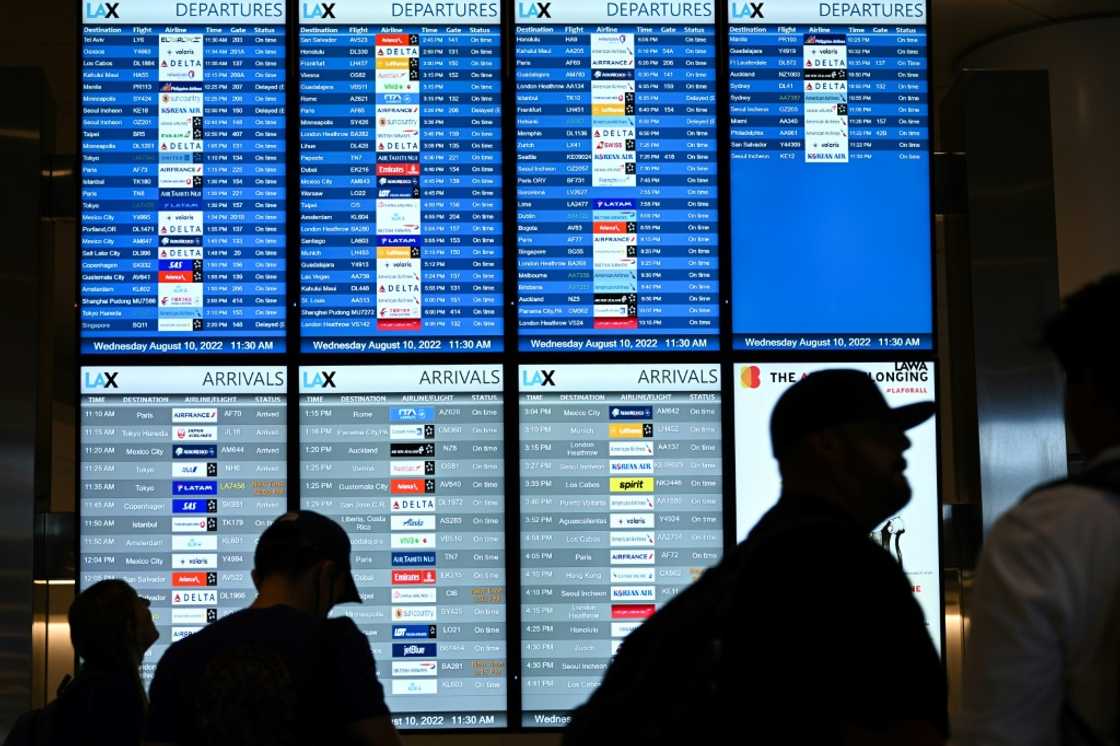US airport websites hit by suspected pro-Russian cyberattacks

Source: AFP
PAY ATTENTION: Сheck out news that is picked exactly for YOU ➡️ find “Recommended for you” block on the home page and enjoy!
The websites for a number of major US airports were briefly taken offline Monday after a cyberattack promoted by a pro-Russian hacking group.
The distributed denial of service (DDOS) attacks hit the airport websites of several major US cities including Atlanta, Chicago, Los Angeles, New York, Phoenix and St Louis.
A DDOS attack involves knocking a website offline by flooding it with traffic.
The airport websites were targeted after the pro-Russian hacking group known as "KillNet" published a list of sites and encouraged its followers to attack them.
The DDOS attacks only affected the public-facing websites of the airports, which supply flight and services information and do not have any impact on operations.
Atlanta's Hartsfield-Jackson Airport said its website is "up and running after an incident early this morning that made it inaccessible to the public."
PAY ATTENTION: Follow us on Instagram - get the most important news directly in your favourite app!
"An investigation into the cause of the incident is underway," it said. "At no time were operations at the airport impacted."
Most of the airport websites targeted appeared to be functioning normally after being temporarily knocked offline.
KillNet claimed responsibility last week for attacks on a number of US state government websites, and it has taken aim at other countries opposing Russia's invasion of Ukraine.
There was no immediate comment from the US Cybersecurity and Infrastructure Security Agency (CISA).
Source: AFP


